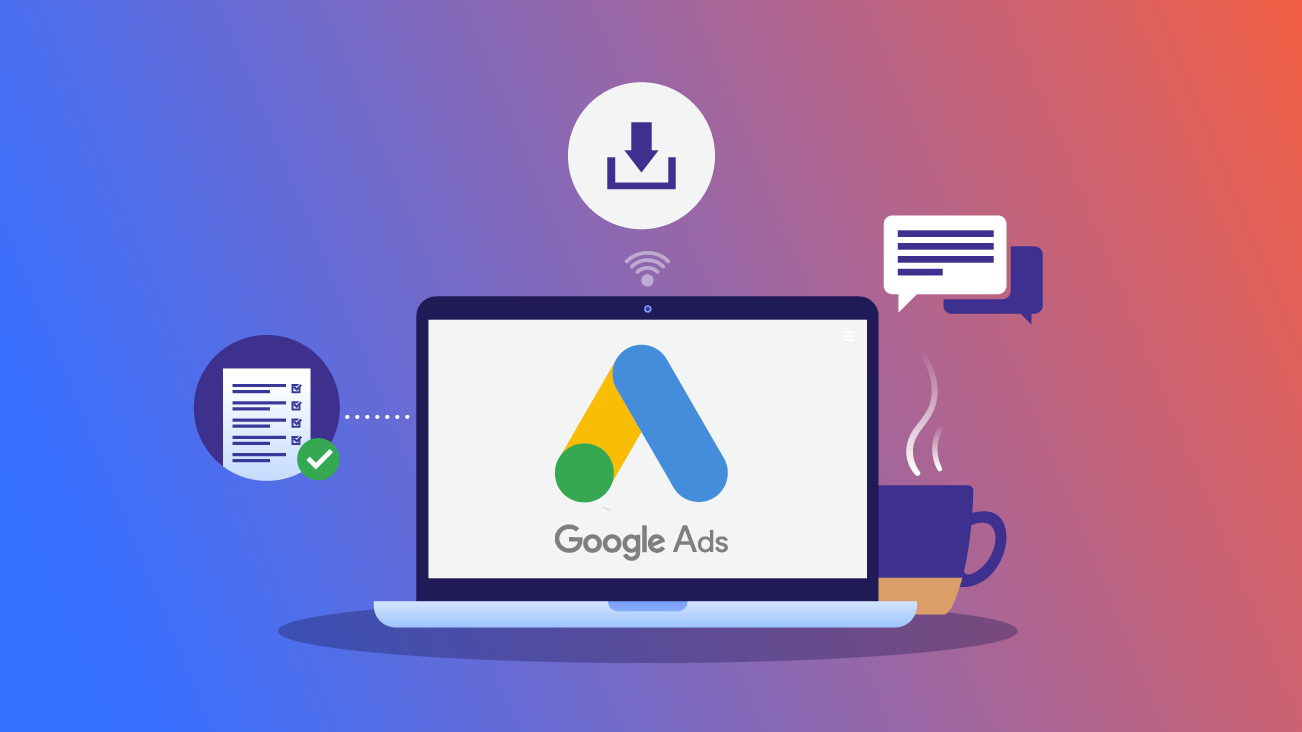
Google Ad Policies: A Comprehensive list Related to healthcare and medicines
As one of the largest online advertising platforms, Google holds a significant impact on the promotion of healthcare products and services. However, to maintain user safety and ensure the accuracy of healthcare-related information, Google has implemented strict ad policies.
In this blog post, we will explore Google’s advertising policies related to healthcare and medicines. Understanding these policies is essential for healthcare companies and advertisers to effectively navigate the advertising landscape.
Prohibited Content
Google prohibits the promotion of certain healthcare and medicinal content to protect users from misleading information or potentially harmful products. This includes ads that promote unapproved pharmaceuticals, prescription drugs without a prescription, or substances claiming to have similar effects as regulated drugs. Additionally, Google does not allow the promotion of content that promotes illegal drugs, products with deceptive claims, or unproven medical devices. Google actively limits the advertising of certain products.
Restricted Content
Google allows the promotion of certain categories of healthcare and medicinal content under specific conditions, although some content in this domain is restricted. Advertisers promoting over-the-counter (OTC) medicines must comply with local laws and regulations. Such ads should not guarantee results or make misleading claims.Advertisers who are certified with Google can advertise prescription drugs, provided that their ads adhere to specific guidelines. These guidelines include providing safety information, complying with prescription requirements, and ensuring responsible promotion of online pharmacies.
Google is here to assist you in understanding the advertising policies
Healthcare Provider Certification
To advertise healthcare-related products or services, businesses need to undergo certification with Google. The certification process ensures that advertisers have the authorization to promote such content and actively contributes to maintaining the quality and reliability of healthcare ads. Advertisers are required to provide necessary licenses and certifications to demonstrate their legitimacy, and the certification requirements may vary depending on the region. This process helps protect users from fraudulent or unverified healthcare providers.
Here we provide 20 tips to this issue
Disallowed Practices
Google’s ad policies prohibit certain practices in healthcare advertising. Advertisers must not promote deceptive or false claims, such as guaranteed cures for serious illnesses or misleading information about medical treatments. In addition, Google actively disallows content that promotes harmful medical practices, unproven remedies, or misleading health claims. In addition, Google strictly prohibits advertisements that exploit users’ vulnerabilities or employ fear-mongering tactics. Furthermore, Google discourages the use of before-and-after images that exaggerate results or manipulate visual representation.
Google’s Healthcare and Medicines Advertising Policy is critical to protecting users from misleading information and potentially harmful products. Advertisers and healthcare companies should familiarise themselves with these policies to ensure compliance and maintain the integrity of their ads.






